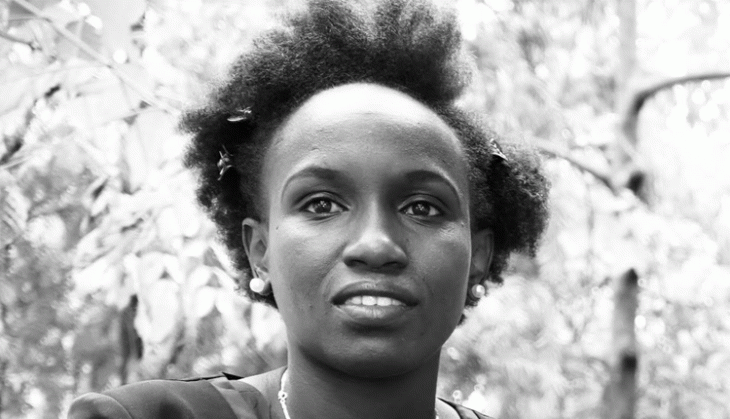Short shots: Film with a running time of 40 minutes or less is not considered a long film

Kenya’s film scene is slowly, but steadily growing. There are numerous feature films hitting the big screens and just a few short films being released.
Most filmmakers have relegated short films to the film circuits such as the smartphone film competition and Machakos Short Film Festival, among others.
While short films may not be as popular as they should be, it is important to note that they are an important film form that is great for honing new talent, as well as for exploring pertinent issues.
Edijoe Mwaniki, a Kenyan filmmaker best known for writing Lost in Time, a film that scooped five Kalasha Awards in 2019, has done 10 short films, and two feature films with another feature film still in the production stage. As to why he favours short films to lengthier ones, budgets are his main reason.
“Firstly, I chose to make short films as I wanted to grow myself as a filmmaker and thought it would be easier to start there, then grow into feature films.
For instance, renowned filmmakers such as Martin Scorsese and Ava Duvernay started with short films before exploring longer film formats.
It is however important to note that making short films is an art, and it is not easier to make a short film compared to a feature film.
I have met screenwriters who find it easier to write feature films due to longer time that offers time to explore the storyline,” shares Edijoe.
The cost factor
He adds, “Since short films are short, obviously, they are therefore only made up of the core scenes.
Secondly, short films cost less to make compared with feature films.
This is because they require a shorter production and post-production time, a skeleton crew and cast compared to feature films, which require bigger budgets.
Thirdly, shorter films are easier to distribute and people tend to watch them more if on YouTube due to the short time commitment.”
Joan Kabugu, a writer and director who has several shorts and a feature film under her belt, wholly agrees with Edijoe.
She shares how her first film was a short film that was funded by Maisha Lab. She later found Ecila Films, a company that aims to create authentic African content for entrepreneurs whether in form of films, documentaries, or short commercials.
She recently released her fifth short film Saving Pink Beauty on Father’s Day as an ode to her father and other fathers who have single-handedly raised their children due to one reason or the other.
She shares that short films are easier to fund, especially if one is looking at product placement as a funding strategy.
She also reiterates that they are easier to release and get views on YouTube.
“I have done feature films as well. Marikiti Women is one of them and it is currently airing on Showmax.
The thing is, funding a feature film is hard. It might be easier now because there are funding pitches with Showmax and Netflix, but this has not always been the case.
This is why most filmmakers just make shorts, so that they keep sharpening their skills even as they wait for the big monies to make feature films.
It is important to also remember that shorter films are great for practicing experimental filmmaking and trying out new styles or new genres as a writer or director.
There is less at risk and one can develop their style through the short films,” Joan elaborates.
As marketing tool
She adds that short films are also a great way to get noticed by other filmmakers or brands.
With numerous film festivals where one can showcase their work, one can garner accolades that will make it easier to get funding for other projects.
Film funds and streaming companies, she says, tend to trust someone who was voted best director in a film circuit rather than someone with no experience at all.
Joan shares this from personal experience as the ease to pitch has grown in tandem with the body of work that Ecila Films has made as well as the awards they have been nominated for.
Her work has been nominated for various awards that include Oniros Film Awards in New York, Independent Shorts Award (Los Angeles), MoFilm (UK), Tokyo International Film Festival, Africa Magic Movie Choice Awards, Kalasha Awards and Women in Film Awards.
For both filmmakers, short films have helped them grow their skills and get a greater understanding for what filmmaking entails.
For Joan, the discussion is not about what film format is superior, as they are both necessary for the growth of the industry.
Her advice is for filmmakers to just create in whatever length format they are comfortable.
For Edijoe, creating something is better than doing nothing while waiting for the big opportunities.
“Small steps are better than no steps at all,” he says in conclusion, urging filmmakers to keep creating citing that short films can be a great tool to use to pitch for longer films.












